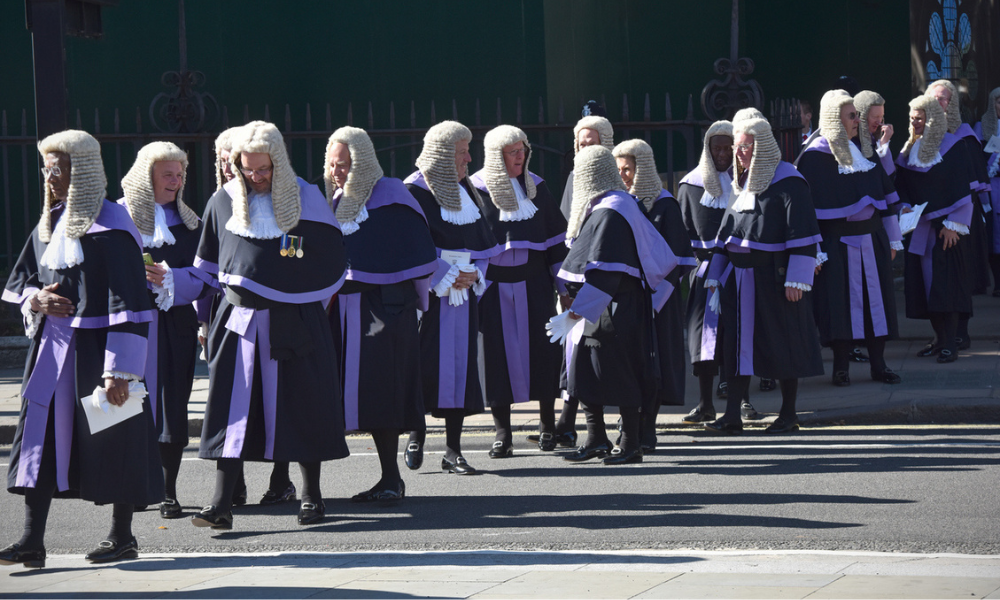
There are over 2,000 applications for just 200 positions for a deputy district judge selection

Major research conducted by the United Kingdom’s Judicial Appointment Commission (JAC) has unveiled significant disparities in the early stages of the judicial recruitment process, particularly between barristers and solicitors, The Law Society Gazette reported.
The findings stemmed from an analysis of the first phase of the selection process, which employs a qualifying test (QT) comprising a situational judgement test (SJT) and a critical analysis test (CAT) when the number of applications significantly exceeds the available vacancies.
The JAC reported that in a typical deputy district judge selection exercise, more than 2,000 applications are received for just 200 positions, necessitating the use of the QT to manage the large applicant pool. The recent study, part of a two-year qualifying test research project initiated due to concerns about low progression rates among underrepresented groups, analyzed data from approximately 13,000 test attempts.
The analysis revealed that solicitors and legal executives had markedly lower success rates than their barrister counterparts. In response, the commission has taken several steps to address these disparities, including enhancing the SJT question bank and launching an online practice tool for the QT.
Despite these efforts, some improvement in non-barrister performance has been observed since the introduction of the enhanced question bank. However, it remains too early to determine the full impact of these measures. Feedback from candidates who participated in the study suggested that the QT process appeared opaque and lacked transparency, particularly regarding preparation and understanding of the criteria being assessed.
Many non-barrister participants felt the SJT was skewed in favour of barristers, suggesting that the daily courtroom experiences of barristers gave them an advantage in responding to the test questions. There was a sentiment among some that the questions seemed to be "drafted by barristers for barristers," which could inherently favour those with more courtroom exposure.
In light of these findings, the Judicial Diversity Forum (JDF) working group has pledged to undertake a collective work program to address these issues. This program will focus on revising the language used in resources and by event facilitators to encourage the normalization of reapplication and to clarify that not passing the QT does not equate to failure but rather falling below the cutoff line for advancement to subsequent selection stages.